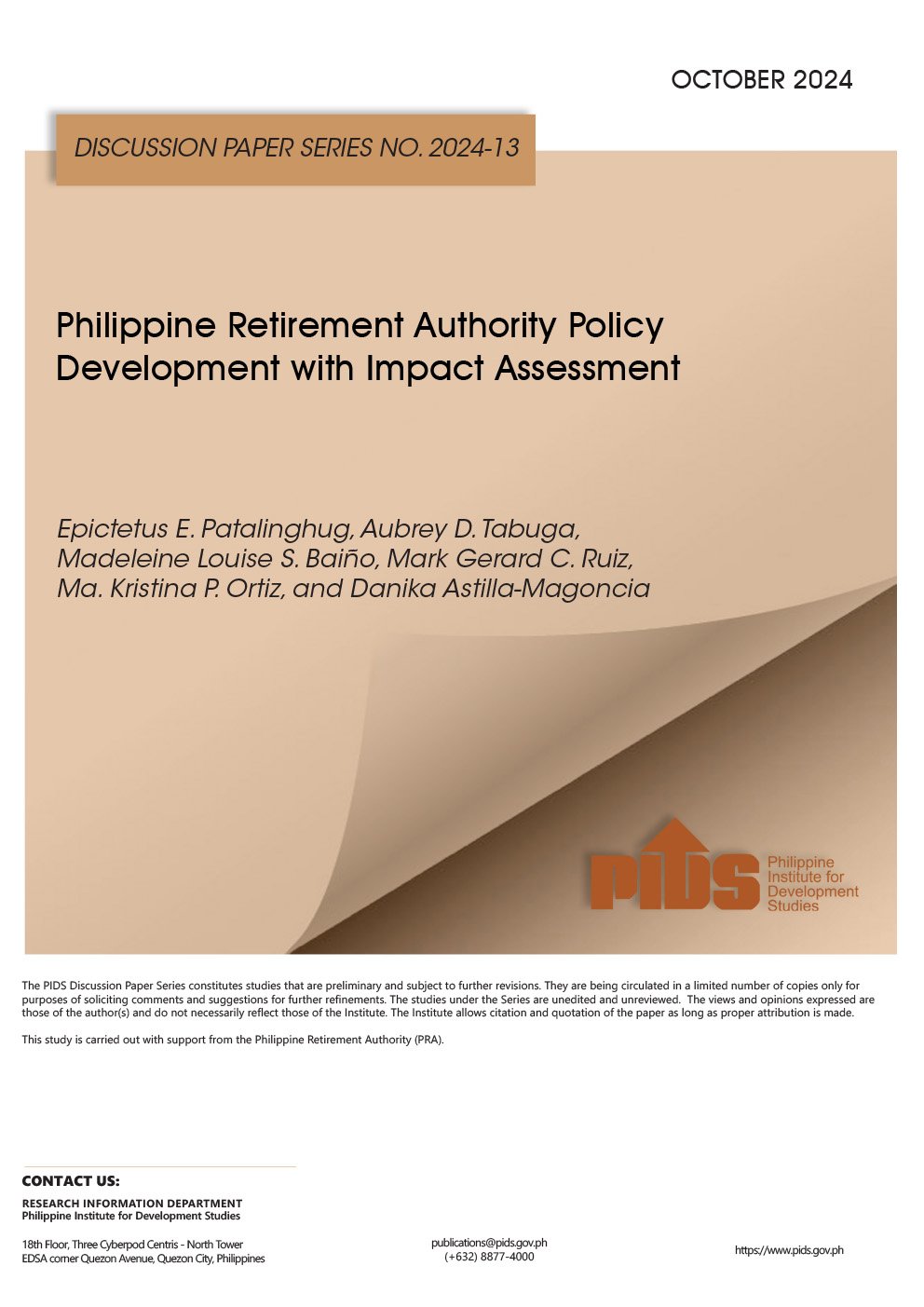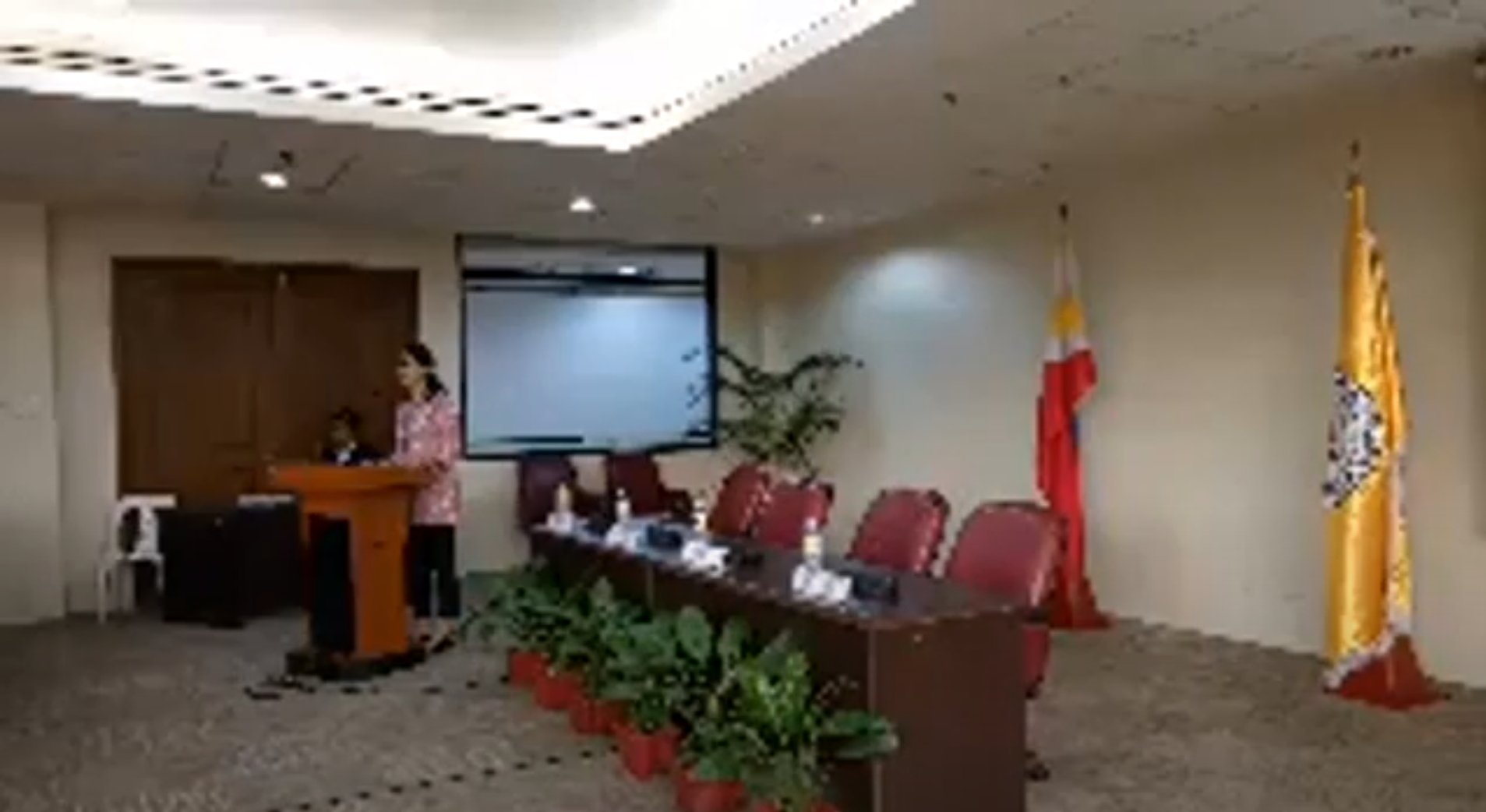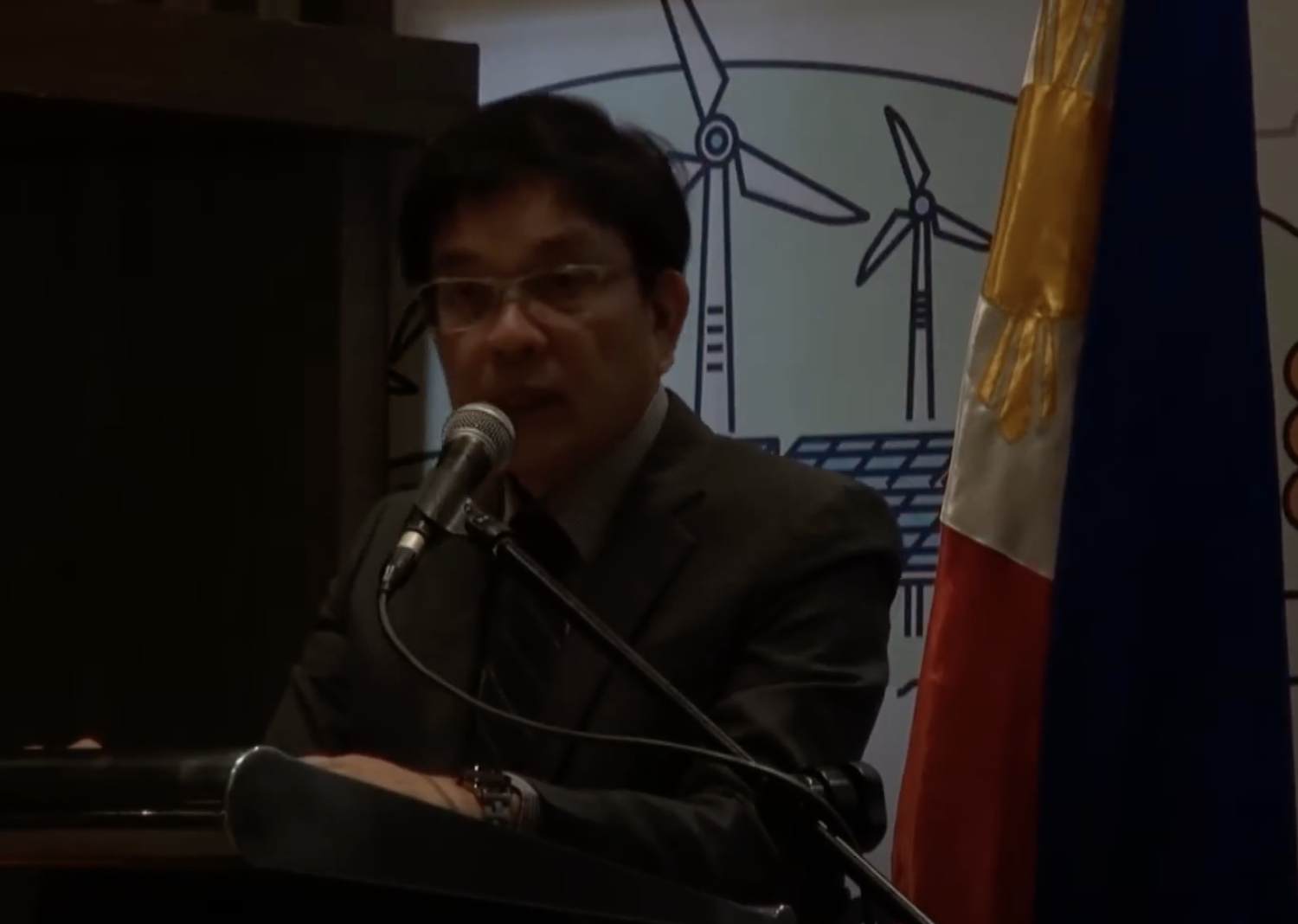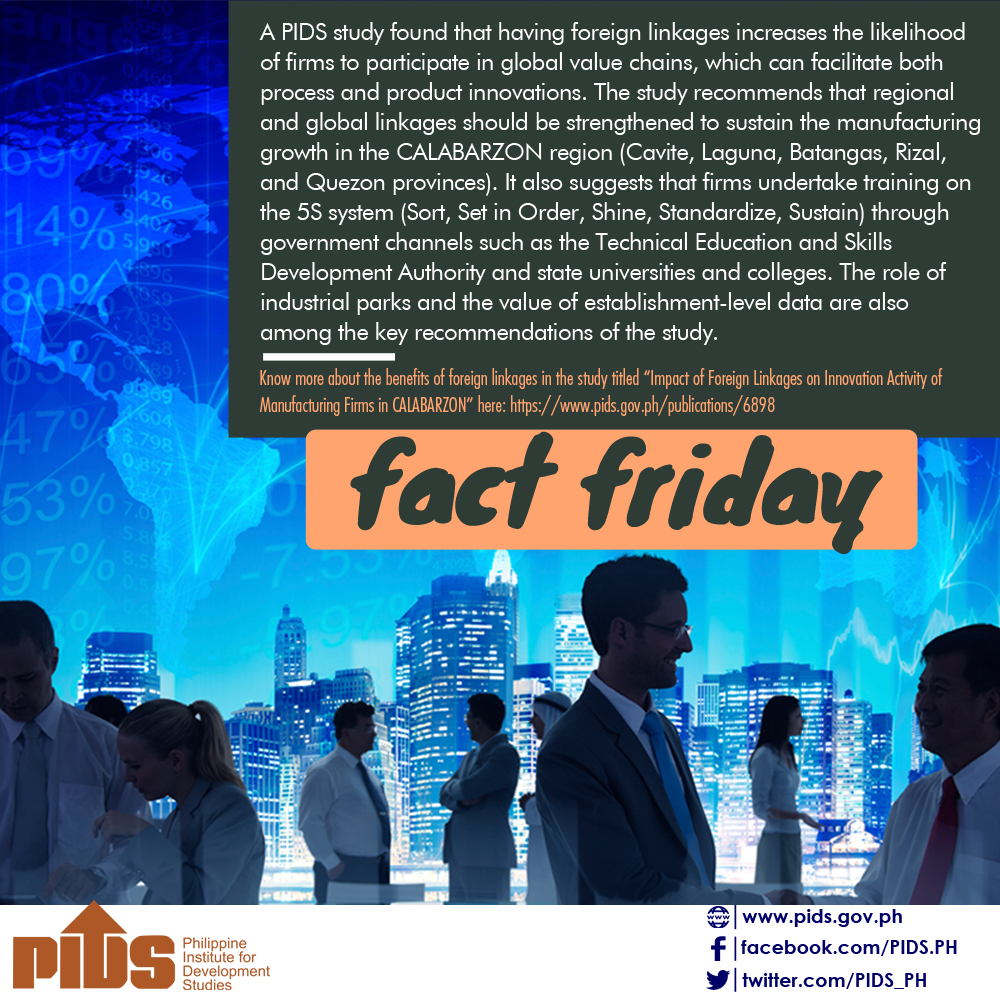THE operability, more than the cost and risks of a shift to a federal system, is what concerns the country’s top trade official as he signaled on Thursday his backing for the proposed changes in government structure. Foreign investors, likewise, are not as bothered by the local businessmen about the shift for as long as the environment stays competitive.
At the sidelines of the 6th Regional Competitiveness Summit, Trade Secretary Ramon M. Lopez said it is proper for—and the job of —economic managers to compute how much it will cost to transition to a federal state. However, what interests his agency is the efficiency of decentralizing the powers of the national government.
“What they are saying is right, that we have to study the financial implication [of a shift] and of course, nobody can dispute that, because in the end that is what we should look at. But from our end, what we are more concerned about is how the functions will devolve, what will be passed on to the states and what will remain in the federal government,” Lopez explained in a mix of English and Filipino.
The cost of federalizing the country has been estimated at a range of P72 billion, according to the Philippine Institute for Development Studies, to P130 billion per the National Economic and Development Authority. The fiscal deficit, on the other hand, could hit 6.7 percent of GDP, way beyond the 3-percent target of economic managers—a limit apparently also observed by members of the European Union.
Lopez also said he cannot afford to hop on the “bandwagon” of critics just because local business groups have been urging lawmakers to weigh the cost and risks of shifting. “On the financial feasibility of it, I will concur [in] what the exercise will do—the review of the financial. I am there and I will not refute that because that is really needed before we shift. That is the overarching condition,” Lopez added.
“But I will not jump on the issue [because] it is a given, it will be taken up and it was already raised. I do not have to join the bandwagon,” he stressed.
Lopez was referring to the string of statements issued by local business groups calling on legislators to carefully review the financial burden of federalizing the country.
The trade chief said only domestic investors are resistant to federalism, noting that their foreign counterparts are apparently amenable to it. “Foreign investors do not have anything to say about it, [and] we do not discuss it,” Lopez added.
Foreign investors neutral on shift
“All foreign investors do not care about the system, the shift. They do not raise it at all. They do not even ask what is [my] position [on it]. They do not even ask what is the status of the shift to federalism. They do not even say they are concerned about it. [It is the] business environment that they are looking at,” he said.
Lopez believes local business groups are just scared of the grand changes a shift will bring to the country. He also thinks they simply hopped on the questions raised by the economic team, who last week warned legislators of the consequences of federalizing the country.
“Their fear is the fear of change, fear of the unknown. That is the thing there. I will respect their views, their fear of change and the unknown. They [foreign investors] never ask, not even one [of them],” Lopez said.
For him, the plan to decentralize will put local governments on their feet to raise the ante in terms of competitiveness.
“Our thinking is that they will compete among each other just like what we see in other states. They can even lower their local taxes, they can provide other incentives so that [at times] you will really think [about] locating in this country because the taxes—corporate and personal income—are lower. The federal system has that flexibility favorable to each [federated region]. I am looking at the operability rather than the risks and cost because that is the job of the finance guys,” Lopez said.
Business and economic groups have recently advised legislators against railroading the shift to a federal system. They rallied behind economic managers who warned of the monumental cost the government will be needing in transitioning, as well as the fiscal deficit the country might incur in the process.
Business groups have long been critical of federalism, as it might allow local governments to increase taxes at will and spend their budget in risky ways. They also argued only a handful of the proposed federated regions have the capacity to independently maintain strong production and trade; therefore for them it is illogical to equalize the budget allocation among regions.










